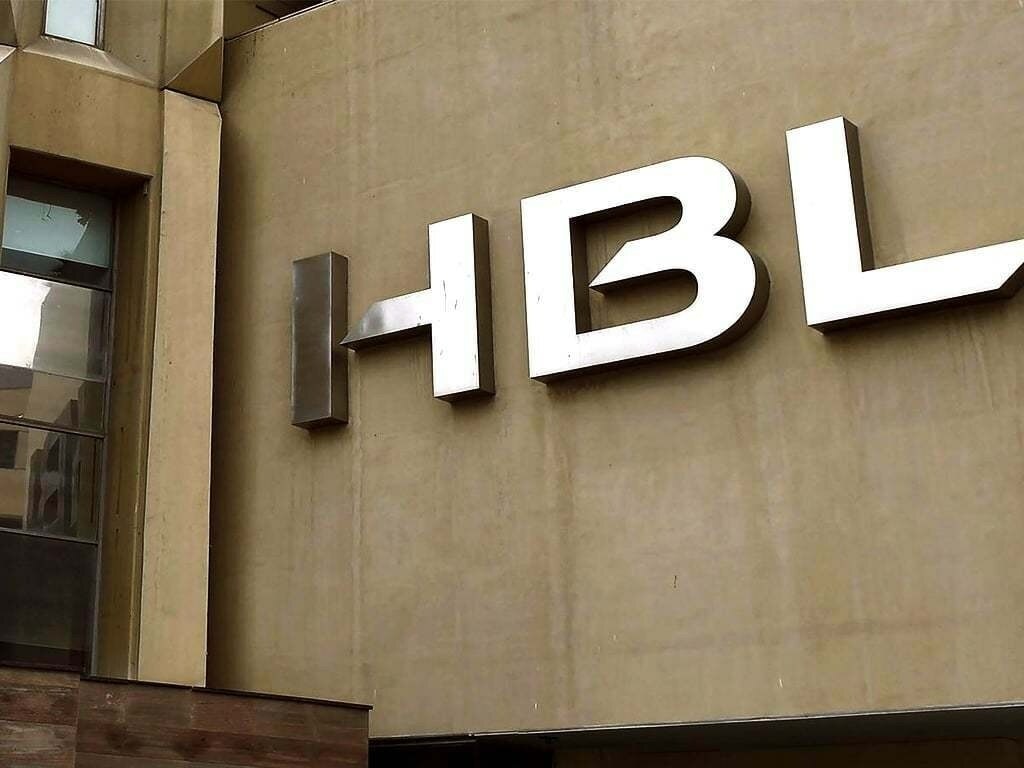KARACHI: Habib Bank Limited (HBL), a well-known private-sector commercial bank in Pakistan, has taken a crucial stride towards promoting sustainable agriculture in the country.
The bank has recently revealed its plans to create a specialized agricultural company. It will focus on enhancing production capabilities for small and medium-sized farmers.
This initiative aims to support and empower farmers by providing them with the necessary resources and opportunities to improve their agricultural output.
During the launch event of the ‘Impact and Sustainability Report 2022,’ Muhammad Aurangzeb, the President& CEO of Habib Bank Limited (HBL). He disclosed the recent approval from the State Bank of Pakistan (SBP) for establishing HBL Zarai (agriculture). The bank is now waiting for the Securities and Exchange Commission of Pakistan (SECP) to grant final approval for the subsidiary’s official launch.
HBL Zarai’s primary focus will be on providing non-financial services to farmers. And the existing agriculture financing services offered by HBL.
These services include setting up and managing storage facilities for surplus agricultural outputs. Supplying agri-inputs like seeds and fertilizers, promoting water conservation practices during cultivation. It offering market intelligence to help farmers obtain better crop and livestock prices.

It is important to note that HBL Zarai is not a corporate social responsibility (CSR) project. Rather, the subsidiary will charge fees for the services it provides. The storage capacity offered by the subsidiary will allow farmers to store their product. They sell it at more favorable prices, giving them greater control over their agricultural outputs.
During the event, Aurangzeb emphasized the significance of dairy and livestock in agriculture, which constitutes around 60% of the industry. Despite its importance, this aspect of agriculture has not received adequate financing attention.
As a response to this gap, corporate entities such as banks, insurance firms, and fertilizer manufacturers. The food companies have collaborated to support and strengthen the agriculture sector, addressing its shortcomings and fostering their own businesses.


